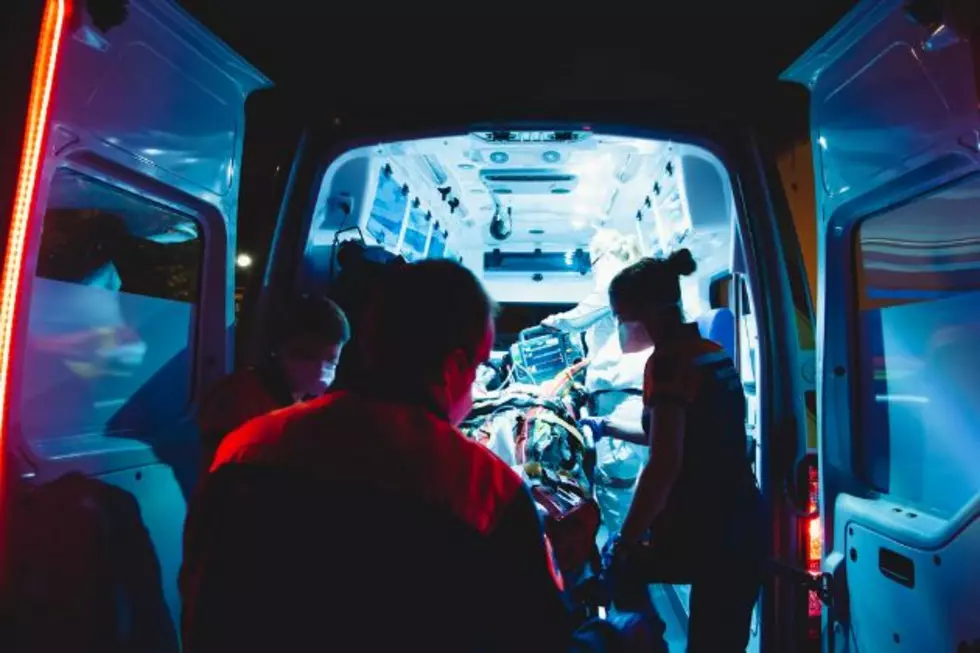
Wyoming Team Working on Nuclear Fuel Storage Sites in the West
Nuclear energy is one of the largest sources of emissions-free power generated in the world. It’s responsible for a fifth of America’s energy, and half of domestic clean energy (US Dept. of Energy).
America’s nuclear plants generate about 2,000 metric tons of spent fuel each year. That fuel (fuel, not apocalyptic-sounding nuclear waste), is disposed of in suitable locations across the country. About 90,000 pounds of spent fuel are stored in 70 sites across 30 states.
Three University of Wyoming researchers are collaborating with the Department of Energy (DOE) to focus on consolidated interim storage facilities. Weston Eaton, Steve Smutko, and Temple Stoellinger will lend their expertise in community engagement, environmental justice, and law to a multistate research team that will provide consent-based siting recommendations for spent nuclear fuel.

The DOE wants to consolidate the sites, but also use a consent-based process to find locations, meaning a “community-engaged process that prioritizes a community’s willing and informed consent to host such a facility,” the UW news release said.
Consent-based siting prioritizes public health and safety, environmental protection and justice, and social equity. The process encourages broad community participation to build and sustain public trust and confidence, UW said.
“The DOE grant is about learning what a consent-based siting process for storing and managing spent nuclear fuels should and could look like,” said Eaton, a visiting assistant professor. “I am excited to work together with a broad range of local community members to come up with processes that feel fair, equitable, transparent, and legitimate.”
Spent nuclear fuel can be recycled according to the DOE, and used to make new fuel and byproducts. More than 90 percent of its potential energy remains after five years in a reactor. The US currently doesn't recycle spent fuel, but other countries like France do. There are advanced reactor designs in development to consume or run on spent fuel.
The team will be led by the Energy Policy Institute based at Boise State University and will focus on western U.S. communities. Other project team researchers are from the National Tribal Energy Association; Arizona State University; Colorado State University; Idaho State University; Montana State University; the University of Idaho; and the University of Michigan.
Wyoming Wildfires
Gallery Credit: Nicole Sherwood
More From Laramie Live









